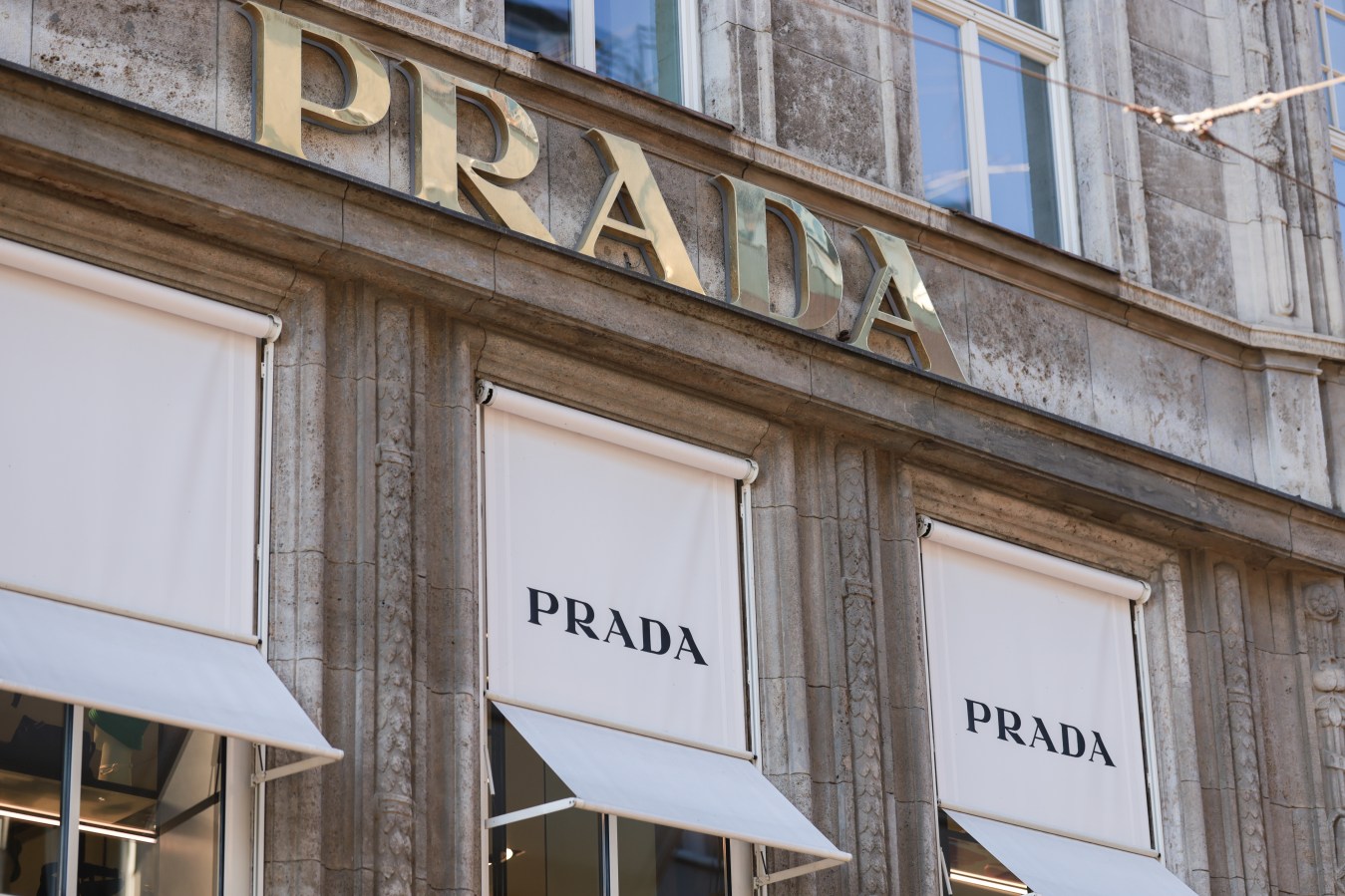With a 9.7% stake, Tencent’s online music arm will become the second-largest shareholder of SM Entertainment, known for major K-pop acts such as Aespa and NCT.

Chinese billionaire Ma Huateng’s tech giant Tencent is set to acquire a nearly 10% stake in K-pop agency SM Entertainment from billionaire Bang Si-hyuk’s rival agency Hybe, as thawing relations between China and South Korea have signaled a potential rise in demand for Korean cultural exports.
Tencent Music Entertainment Group, Tencent’s online music arm, will purchase Hybe’s 2.2 million shares in SM Entertainment for 243 billion won ($176.6 million), according to a Hybe corporate filing Tuesday. The shares, which Hybe will dispose of in an after-hours block trade on May 30, are priced at 110,000 won apiece, representing a discount of roughly 15% from their price of 130,000 won at Tuesday’s market close.
Upon the sale, Tencent Music will hold a 9.7% stake in SM Entertainment, making it the second-largest shareholder of the K-pop agency after billionaire Kim Beom-su’s Kakao and its entertainment affiliate. The Korean internet giant owns a combined 41.5% stake in SM Entertainment, between Kakao Corp. (with 21.6%) and its subsidiary Kakao Entertainment (19.9%). Tencent also owns a 5.95% stake in Kakao Corp.
Hybe stated in its filing that the purpose of its share sale is “optimizing investment asset management efficiency.” Tencent Music and SM Entertainment did not immediately respond to a request for comment.
“Amid recent tariff turmoil, K-pop industry remains defensive and relatively insulated from direct tariff risks,” researchers from Global X, an ETF provider of Mirae Asset Global Investments, wrote in a monthly commentary report published last Tuesday. “Furthermore, the sector stands to gain from improving Korea-China relations, as the potential reopen of China market could unlock significant growth opportunities.”
Other factors, including the comeback of leading artists and the rise of new ones, could also play a role in improving the industry’s fundamentals, the researchers added. SM Entertainment, in particular, may expect to benefit from “upcoming releases from key artists such as Aespa, NCT WISH, and RIIZE.” Hybe’s world-record-shattering boy band BTS, which has scored six No. 1 albums on the U.S. Billboard 200, may reunite as early as this June upon the seven members’ completion of their mandatory military service.

Tencent Music’s latest investment aligns with rising hopes across the entertainment industry that Beijing may lift its unofficial ban on K-pop performances. Following Seoul’s 2016 decision permitting the U.S. military to deploy a missile defense system in South Korean airspace, Chinese regulators effectively barred K-pop concerts from taking place in the mainland, while also restricting streaming platforms from releasing Korean-language TV shows and movies.
The first sign of detente came in late April, when Epex, a K-pop boy band managed by C9 Entertainment, announced on April 30 it would perform a concert in Fuzhou, the capital city of China’s southeastern province of Fujian. But less than two weeks later, on May 10, the concert was indefinitely postponed, with C9 Entertainment citing unspecified “issues” in the region.
Reopening China’s borders to K-pop performances could be a boon to major agencies, which rely on ticket and merchandise sales as key revenue streams. SM Entertainment reported its revenue reached 231.4 billion won in the first quarter, with concert revenue rising 58% year-over-year to 39 billion won.
Beyond live events, K-pop agencies are increasingly monetizing fan engagement, chiefly through apps that offer paid subscriptions for fans to directly message celebrities or join exclusive livestreams. Tencent announced last October it would partner with an SM Entertainment subsidiary, DearU, to launch its fan engagement app, Bubble, in China. Slated to enter the market by June, Bubble may face steep competition from other popular apps like Hybe’s Weverse, which announced in April that it reached 9.4 million monthly active users and 150 million cumulative downloads by the end of 2024.
The share purchase marks Tencent’s solidified role among Korea’s leading “Big 4” music agencies—Hybe, JYP Entertainment, SM Entertainment and YG Entertainment—with each agency distinguished by a handful of marquee acts. Tencent Music owns a 4.3% stake in YG Entertainment, known for its landmark girl group Blackpink, which made the 30 Under 30 Asia list in 2019; JYP’s artists include girl group Twice, which made the list in 2020, and boy group Stray Kids, which made the list this year.
This article was originally published on forbes.com and all figures are in USD.
Look back on the week that was with hand-picked articles from Australia and around the world. Sign up to the Forbes Australia newsletter here or become a member here.


